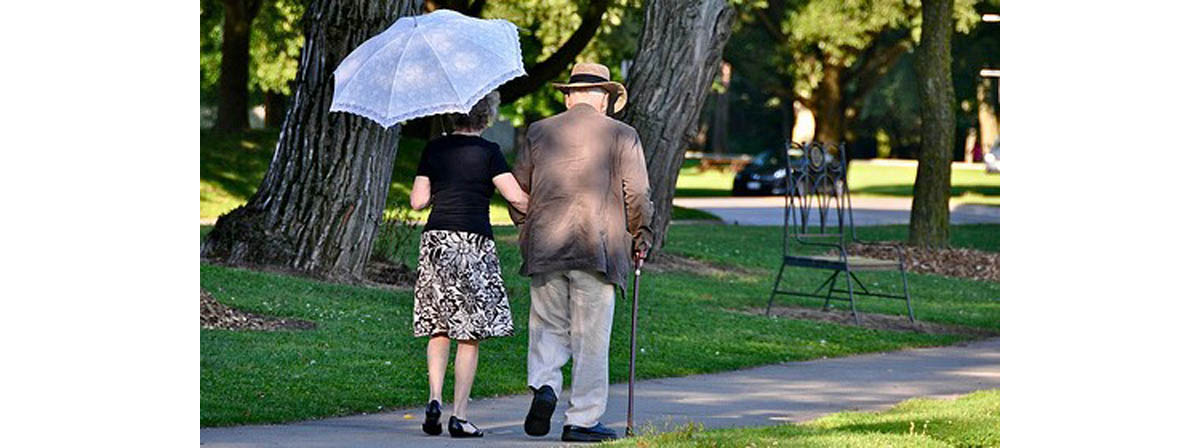Table of Contents
Two studies have shown better outcomes in cancer treatment for people who exercise more. Both studies specifically investigated people who developed colon cancer and found that the outcomes were greatly improved in people who exercised both before and after their cancer diagnosis.

Walking prescribed for cancer patients
As a result, Dr John L Marshall MD, a cancer specialist at Georgetown University Hospital, Washington DC prescribes walking for his cancer patients. He advises patients to get a dog in order to make sure they walk regularly. He said the research showed that the reduction in patients’ risk of dying from colon cancer was greater than could be obtained by chemotherapy. He added that exercise both before and after diagnosis produced the greatest benefit, but even taking up exercise after being diagnosed with cancer proved to be very beneficial, showing again, that it’s never too late to start. He says he tells patients:
‘Now is the time for intensive physical activity. You always said you wanted to get in shape. Well, now is a good time to do it, and with good reason, because the magnitude of benefit of the physical activity may be, in fact, greater than the magnitude of chemotherapy.’
Walking protects against other cancers too
Other research studies have found that walking delayed progression of disease in men diagnosed with localized (not spread) prostate cancer. Of particular interest was the finding that brisk, as opposed to leisurely, walking produced the greatest health benefits. There was a 57% lower rate of progression in the men who walked briskly for 3 hours a week or more, compared with those who walked at a leisurely pace for less than 3 hours a week.
Another study found that brisk walking reduced a person's chances of developing breast cancer after the menopause (the most common time to develop the disease). They also found that stepping up the level of activity after the menopause, to more than half an hour every day, was more protective than continuance at a lower intensity.
Ward off diabetes by walking
Prediabetes is a condition often seen in overweight and obese people, where there is raised blood glucose and resistance to the effects of insulin. If the effects seen in prediabetes are not reversed, it will inevitably progress to type 2 diabetes, and the negative impact on health which that disease brings.
So whether you are currently healthy or battling diseases like cancer or Alzheimer’s, the message is clear, get a dog and start walking!
- Erickson KI, et al. Exercise training increases size of hippocampus and improves memory.Proc Natl Acad Sci USA. 2011, 108(7),3017-22
- www.sciencedirect.com/science/article/pii/S1755296612000099
- cancerres.aacrjournals.org/content/71/11/3889.abstract?sid=7e535c9f-b340-4172-af30-0babb3be6d31
- Eliassen AH, et al. Physical activity and risk of breast cancer among postmenopausal women. Arch Intern Med.2010, 170(19), 1758-64
- Photo courtesy of Ted Eytan by Flickr : www.flickr.com/photos/taedc/7889236652/
- Photo courtesy of Philip Squires by Flickr : www.flickr.com/photos/philsquires/4810811506/
- www.ncbi.nlm.nih.gov/pmc/articles/PMC3575139/
- www.ncbi.nlm.nih.gov/pubmed/20975025?dopt=Abstract


Your thoughts on this